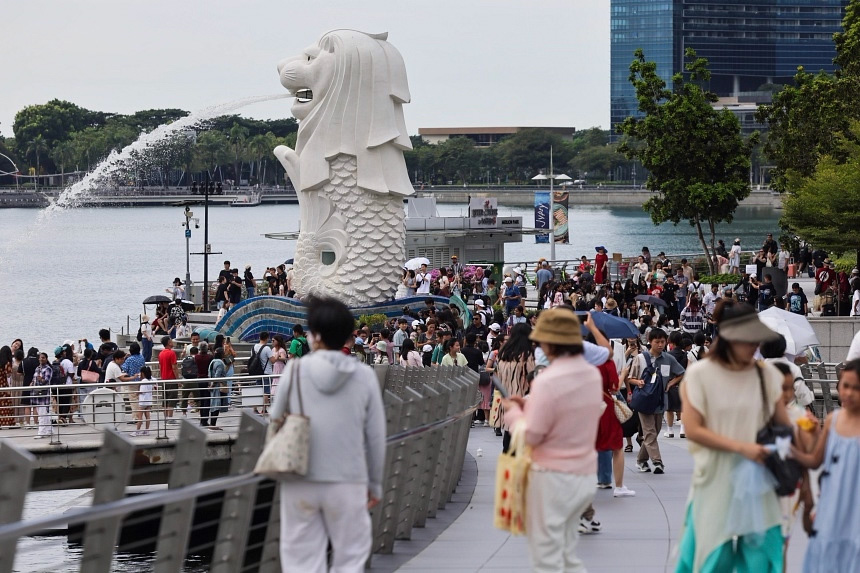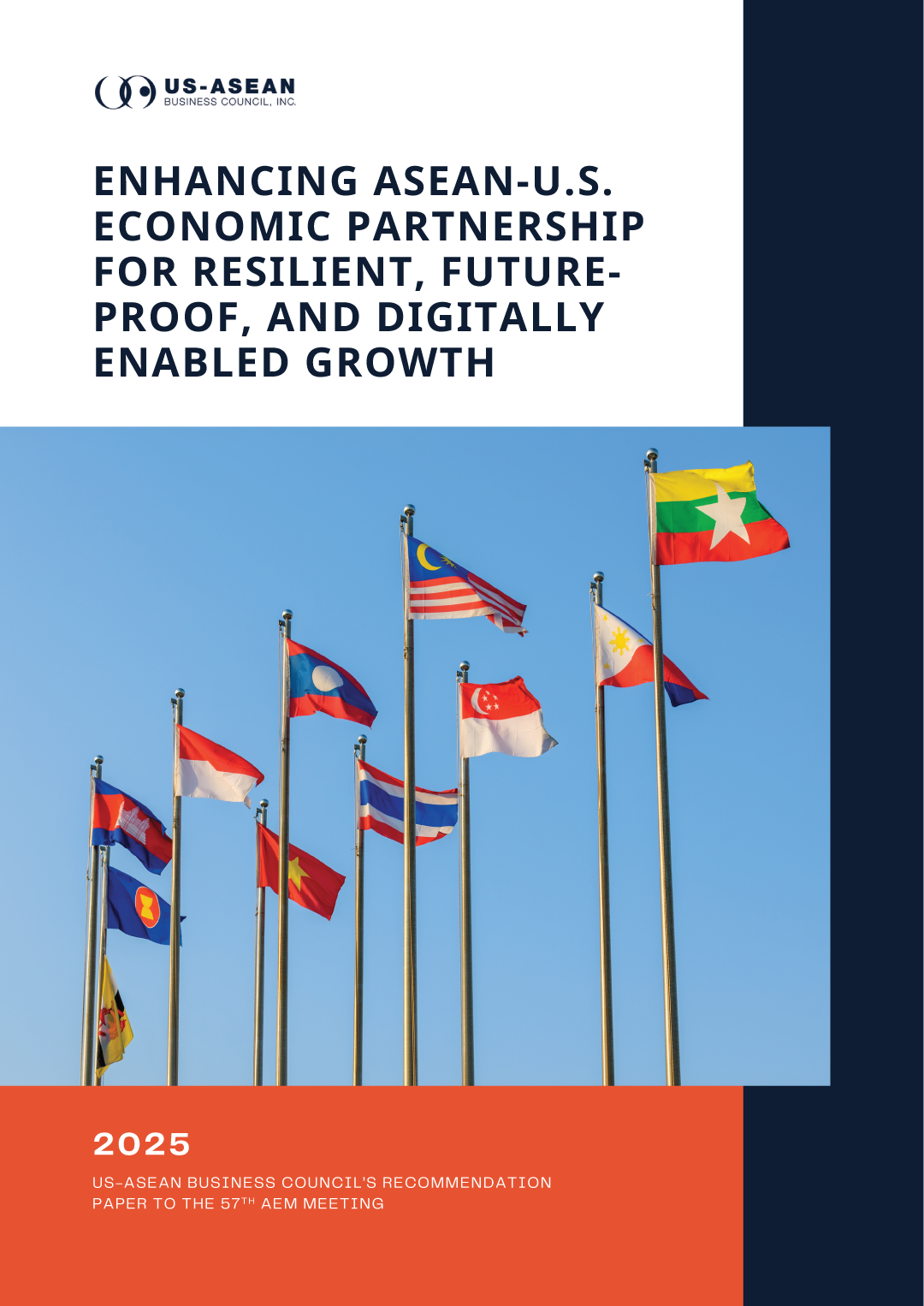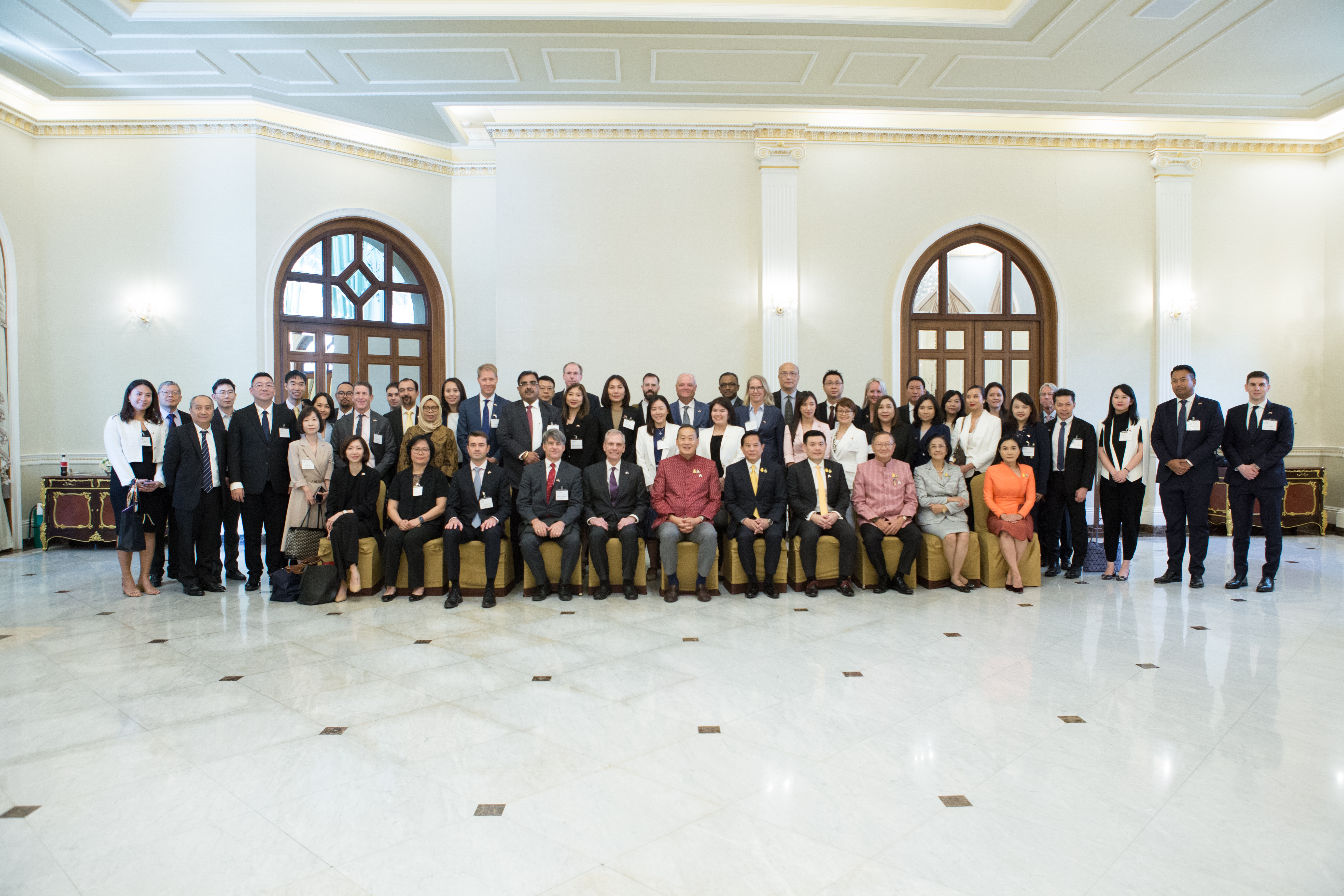Higher Tourist Arrivals Expected During China’s Golden Week: Opportunities for Southeast Asia

China’s Golden Week, known as "Tiaoxiu" and celebrated from October 1 to 8, is expected to see a substantial increase in outbound travel this year. This holiday period typically drives millions of Chinese travelers to destinations both within and beyond China. With outbound travel on the rise and Chinese tourists spending more, this year’s Golden Week presents an opportune moment for popular destinations. While there has been increased interest in travel to Western countries, Southeast Asia remains one of the top choices for Chinese tourists, particularly in hotspots like Thailand, Singapore, and Malaysia
Malaysia remains the popular travel destination for Chinese tourists this year, with Kuala Lumpur experiencing a 142% increase in Chinese tourist arrivals during the Golden Week period, compared to 2019. This growth can be largely attributed to the recent introduction of visa-free travel between China and Malaysia, which facilitates easier access for Chinese travelers and vice versa. China is currently the third largest source of tourists for Malaysia and there is significant potential for further expansion, particularly with the country set to host the 2025 ASEAN Tourism Forum and the Visit Malaysia 2026 campaign.
Singapore, which saw a surge in Chinese tourists as of February this year, nearly reaching pre-pandemic 2019 levels, is also set to benefit during this year’s Golden Week due to its strong entertainment sector. In addition to its bilateral visa-free mechanisms with China, the island nation which hosted Taylor Swift’s live concert in May this year, has positioned itself as a prime destination for live concerts and events in Southeast Asia. According to Trip.com, searches by Chinese tourists for accommodations near concert venues in Singapore increased by 214% compared to other areas.
Thailand, which receives the highest number of Chinese tourists in Southeast Asia, is expected to see a 30% increase in tourist arrivals during Golden Week compared to its daily average of 18,000 visitors this year. The second-largest economy in Southeast Asia is expected to gain significantly from this influx, with revenue from Golden Week tourism projected to reach between 3 to 5 billion THB (approximately $1.5 million USD). However, despite these positive projections, Thailand faces potential challenges due to currency fluctuations. The Thai baht has been strengthening against the U.S. dollar, partly due to the U.S. Federal Reserve’s interest rate policies. The stronger baht could lead to higher costs for tourists, where the exchange rate would make services and travel expenses more expensive. In response, Thailand’s Central Bank is intervening to stabilize the baht’s value.






![Cover-[USABC-Final]-Driving-ASEAN-Unity-Malaysia's-Vision-for-2025](/sites/default/files/2025-07/Cover-%5BUSABC-Final%5D-Driving-ASEAN-Unity-Malaysia%27s-Vision-for-2025.jpg)




